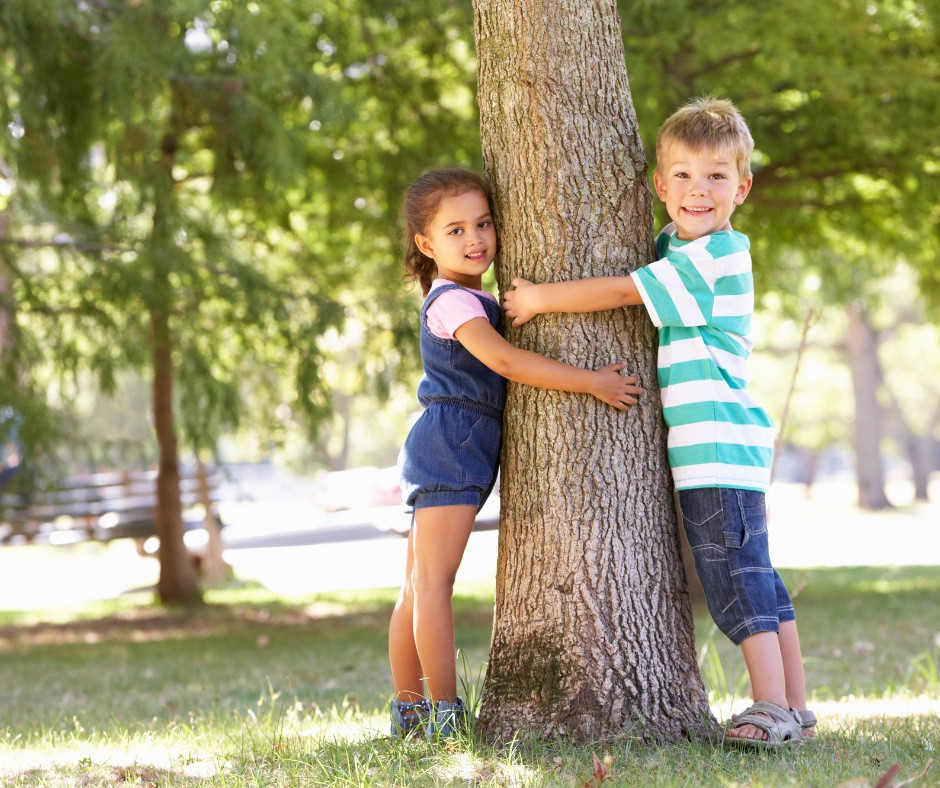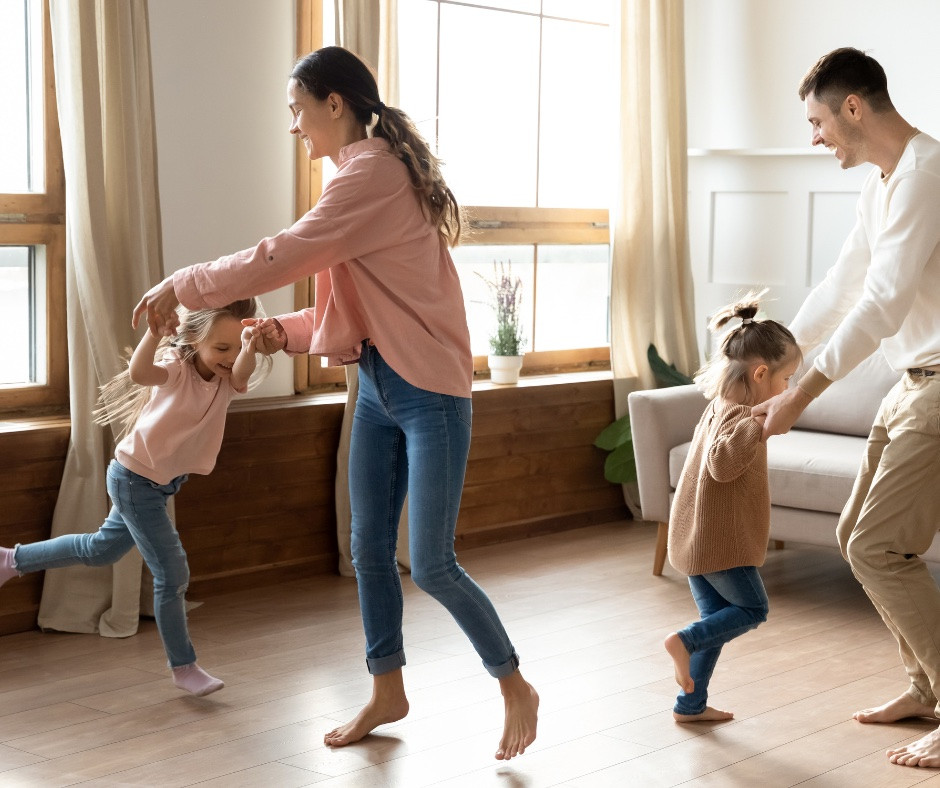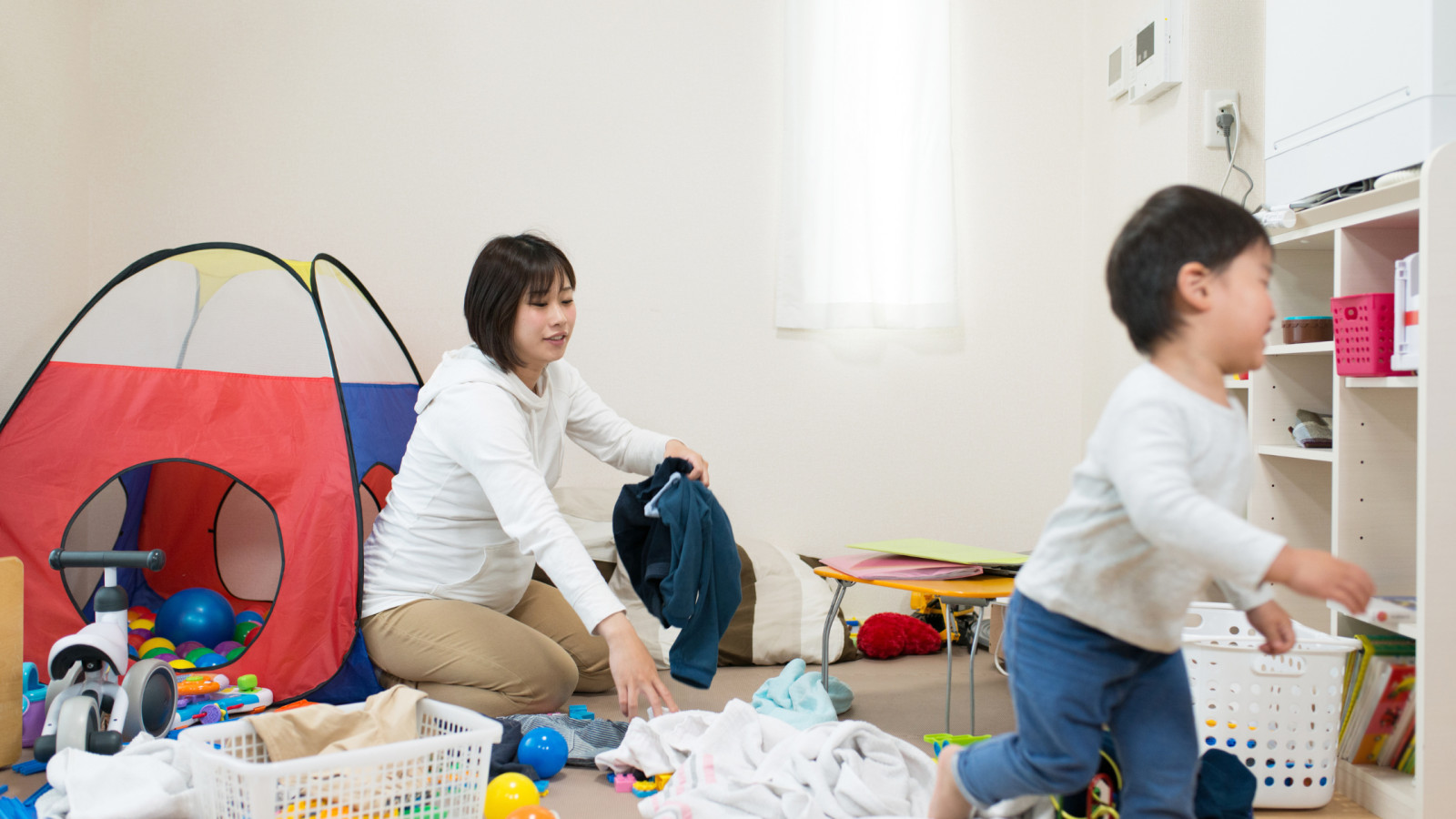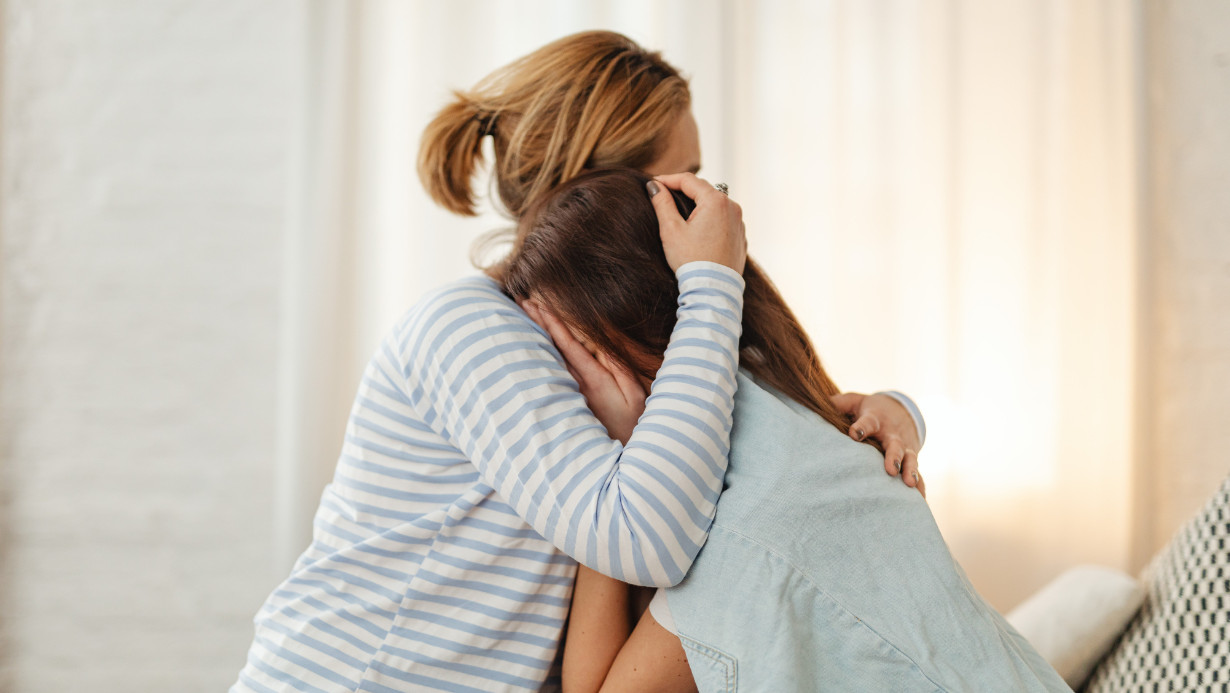 I have been contemplating for a few years now why so many more of our kids these days struggle with mental health issues, why we find it so hard to get the balance right in parenting with firmness and kindness, and why the world is currently such a complicated and overwhelming place to live.
I have been contemplating for a few years now why so many more of our kids these days struggle with mental health issues, why we find it so hard to get the balance right in parenting with firmness and kindness, and why the world is currently such a complicated and overwhelming place to live.And then it hit me. I was sitting in an auditorium listening to the beautiful Dr Vanessa Lapointe talk about how we can help kids thrive, when she mentioned that word: CONNECTION. Now, I have myself spoken many times about the importance of connection, so there was nothing new in what she was talking about. Still, something in what she said brought it home to me so strongly that I sat there stunned for a while.
Human beings are SIMPLE. We all strive to BELONG; to be LOVED, to CONNECT, and to feel SAFE. When we achieve these things we can thrive, be successful and build healthy relationships, because we come from a place of GIVING rather than from a place where we need to TAKE from others in order to feel complete.
The problem with that, of course, is that we are not perfect, whole human beings. We come with scars, trauma, and insecurities from our past which largely define how we parent our own children. We raise them with good intentions. We want them to have what we didn't have. We want them to feel loved, to feel happy, to be resilient, to feel confident. We want the world for them. And we do the best that we can with the tools and resources that we have at the time.
The catch is that when we raise children with pain from our own past, this pain will inevitably emerge when we least expect it to, mostly during times when our children test us because they are acting out. Enter power struggles, shouting, nagging, and all sorts of bad behaviour from us (yes - us) because - guess what? - we are ultimately just having a 5 year old meltdown in an adult body, just because our children won't listen to us.
We live in a hugely fast-paced world. We spend a large amount of time on devices, our schedules are super busy, our kids have extra curricular activities up to their eyeballs, and many of us have lots of 'stuff'. Because there is so much 'stuff', they don't hold as much value and if we don't like something we can change it - pretty much instantly.
We are so consumed with external things, being busy, achieving, that we have lost sight of what is crucial to our survival as a species; CONNECTION. In fact, many of us have even lost the ability to do so, resorting to social media, drugs, alcohol, shopping, in order to fill a need which we no longer know how to fill.
Is there any wonder anxiety is on the rise?
To be a good parent we need to relearn how to connect, not only with our kids, but with ourselves. In fact, connecting with ourselves needs to be at the heart of our parenting. When we can connect with ourselves, we can tune into our own feelings and needs. We can learn to love ourselves and give ourselves compassion and kindness. And then, when we have connected with ourselves, we can finally begin to parent our own kids from the heart.
Here are 4 things you can do to connect with yourself
1. Rediscover Your Authentic Self
Before we can expect to connect deeply with our children, we must first reconnect with our own authentic selves. Modern life often leads us to conform to societal norms and expectations, losing touch with our true desires, passions, and beliefs. By dedicating time to self-reflection and introspection, we can align ourselves with our core values, allowing us to show up as our genuine selves and model authenticity for our children.
2. Cultivate Emotional Well-being
Children are intuitive and perceptive beings who can sense the emotional state of their parents. When we are disconnected from ourselves emotionally, our ability to effectively support our children's emotional well-being is compromised. Taking the time to prioritise self-care, engage in activities that bring us joy, and process our emotions helps us become emotionally available for our kids. By modeling healthy emotional expression, we create a safe and open space for our children to share their own thoughts and feelings.
3. Lead by Example
Children learn by observing the behaviour of their parents. When we prioritise self-connection, we demonstrate the importance of self-awareness, self-compassion, and personal growth. By engaging in activities that promote self-reflection, such as journaling, meditation, or engaging in hobbies, we inspire our children to explore their own interests, develop their identities, and embrace the power of self-reflection.
4. Foster Effective Communication
Meaningful connections are built upon open and effective communication. By strengthening our self-connection, we enhance our ability to communicate authentically and empathetically with our kids. This allows us to truly listen to their needs, concerns, and desires, creating a nurturing environment where their voices are validated and respected. When our children feel heard and understood, they readily turn to us for guidance and support.
Once you can fully connect with yourself by practicing self-love and compassion, only then can you start to truly connect with your children.
So how do you connect with your children?
1. Get Curious
Ask yourself, what makes them tick? What is their behaviour telling you that they need? What support do they need? Tune into them and get curious. Curiosity will allow you to see your child for who they are and in turn they will feel heard and seen.
2. Join in
Observe your child. What do they really love doing? Forget about putting your ideas onto them. Give them space to show you and tell you what they are passionate about. Join in their activities. If it's dinosaurs, do a little bit of role play. If it's gaming, show an interest in their games rather than constantly telling them to get off their screens. When you have connected with them this way, they will be more open to doing things for you when the time arises.
Remember, as we invest in our own self-connection, we provide our children with an invaluable gift of having connected, present, and engaged parents who will help shape their future in the most positive way possible, whilst being able to connect with them on a much deeper level because we are parenting from the heart.
DO YOU NEED HELP CONNECTING WITH YOURSELF AND YOUR KIDS?
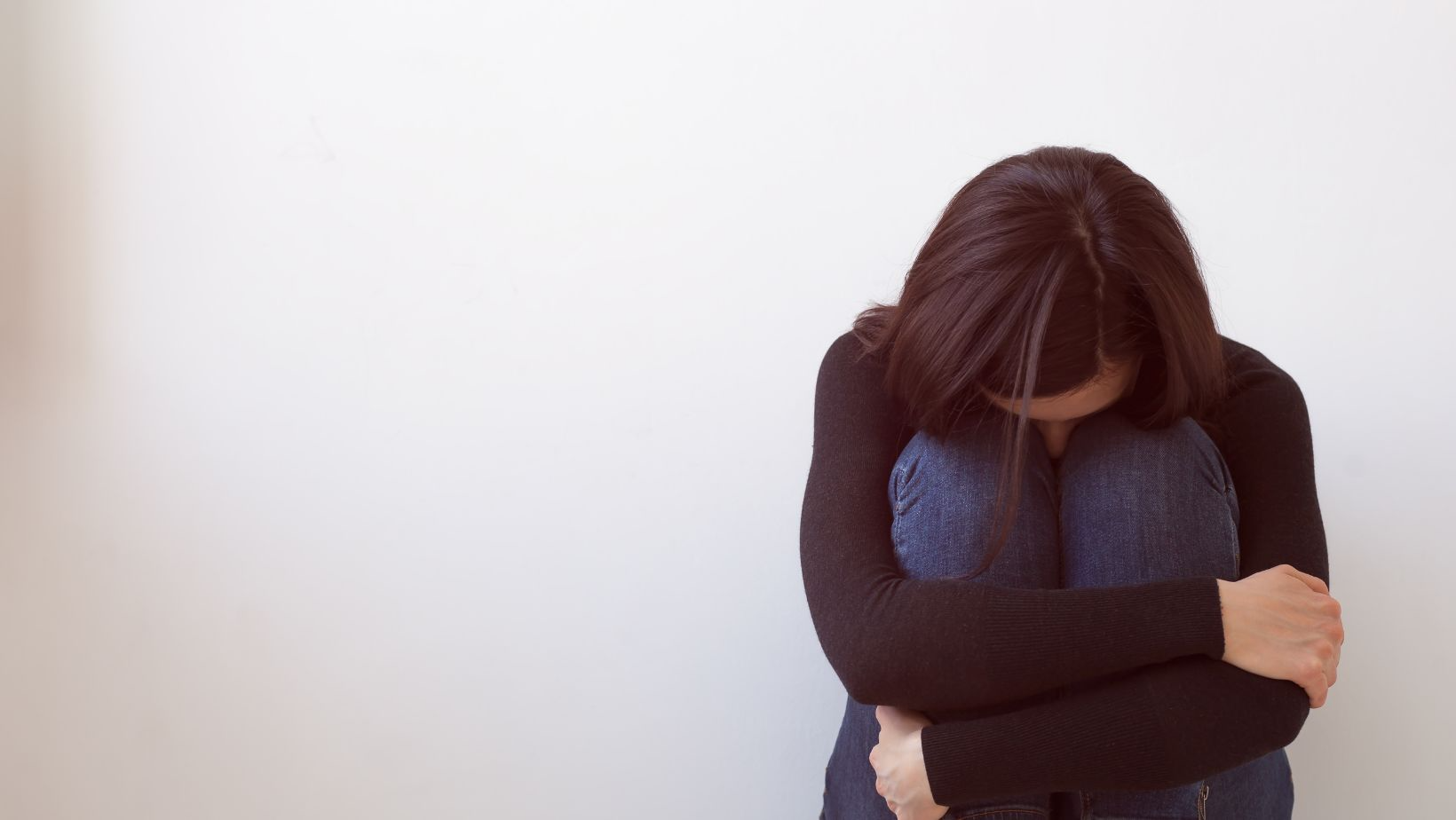
Why is shame and guilt around motherhood one of the hardest things to shake? Because the responsibility and love that we feel for our kids is so huge, so that when we mess up or do something that doesn’t align with who we want to be or how we want to behave, at the heart of it, everything becomes our fault.
That, my friend, is a HUGE weight to have to carry.
Before we have kids, we have this idyllic idea in our heads of how we want to show up as parents. We can be quick to judge those mums in the supermarket with children who are having tantrums over wanting an apple instead of a banana. We’re not going to be like THEM. We are going to have perfectly behaved children, because we know better.
Then WHAM! We have kids, and something happens.
We get tired. We get emotional. Feelings we never even knew we had come up for us without warning. We get triggered. So much of the time.
I spent the first year of my life as a mother bawling my eyes out watching random romantic comedies. Never before had I got emotional like that about watching people break up, or seeing kids go through their parent’s divorce…AND these movies were meant to be funny!
I also tried the “Cry It Out” method for a short period. I yelled at my son in the supermarket. I put him in timeout. I had moments when I really didn’t like him because he was so difficult! And there were many moments that I didn’t like myself because of my actions and thoughts.
Oh, the guilt and shame of it all.
Guilt is that inner critic telling us what we SHOULD or what we SHOULDN’T have done.
We can get stuck in a vicious cycle of guilt and shame. I’m a terrible mum; My kids are going to think I hate them; I’m so soft! Why did I do that? I know better than that; There is no point; I can’t do this.
For a moment, I want you to entertain the idea of speaking to your child like this when they make mistakes. How do you think their behaviour will improve over time? Will they grow up feeling valued? Enough? Loved?
If the answer is no, then ask yourself what you are doing to yourself when you think these thoughts. Does it empower you to be a better parent? To be the best version of you? I’d imagine the answer to these questions is no, too.
STEP 1. GIVE YOURSELF PERMISSION TO LET GO
I’m here to tell you that it’s ok to let go of the guilt and the shame. It’s ok to show yourself some compassion for losing your shit, for not being perfect. Having the feelings shows that you love your kids and that your behaviour is somehow not in line with your values. On the flip side, it also illustrates very harshly that you lack compassion and love for yourself. To shake the parental guilt so you can start parenting from an empowering burn-your-bra-kind of place, you need to start showing yourself some love. Forgive yourself for reacting in a way you “shouldn’t have”. Show some kindness to yourself. There is an inner child in you that needs to be loved just as you are and forgiven for not being perfect and getting it right all the time.
In the words of Elsa; “Let it Go”.
If you don’t let go, it will consume you. Practice forgiveness. Practice compassion. Feel into your feelings. Meditate. If you feel that guilt comes up for you over and over again, seek help. Find someone to talk to who will listen. Forgive yourself first so that you can begin to be more present for your kids during those moments of pure chaos.
STEP 2. CONNECT WITH YOUR INNER CHILD
All behaviour is a communication of an unmet need. We probably get told that about our own children. But have you ever considered that this is also true of yourself? When you snap at your child, or when you’d rather be stuck in traffic than play with them, start to tune into your behaviour and ask yourself the following:
1. What were you feeling when you did the thing?
2. What were you needing?
3. What resourceful way could you ensure you meet those needs next time it happens?
Most of the time we have an underlying need to be heard, or to be loved, or to feel safe.
Begin a practice where you learn to build a relationship with your inner child based on trust and compassion, rather than guilt and shame. Tune into what she needs and try to figure out ways in which you can meet those needs the best you can.
STEP 3. SHOW UP
Let’s face it, there is no hiding from our kids. No matter how hard we try to be that happy mummy or that perfect parent, the truth is our kids see right through us. So, we might as well just show up as we are. No frills. Transparent and authentic. Often, we try to hide our real feelings for want of protecting our kids. We don’t want them to see us sad. And if we snap, we are too ashamed to admit our faults.
Showing our vulnerability in front to our children is imperative in teaching them- showing them- how to be vulnerable themselves. Brené Brown talks to strength in vulnerability. The more open we can be with our kids; the more we can own our mistakes, share our feelings and openly process our thinking, the more they will learn to do it for themselves. It’s showing them that its ok to be perfectly imperfect in every way. In fact, it’s totally human.
STEP 4. REPAIR
Parenting is a learning journey. Once we start to gain awareness around areas of our own parenting, the danger lies in inviting even more guilt into our lives. Oftentimes I hear mothers say
“OMG I have spent years doing something I know I shouldn’t have. I have damaged my kids for life!”
Let go of this belief. It is never too late to repair. NEVER. Yes the longer you wait the harder it becomes, but there is ALWAYS time to repair with your child.
As soon as you know you have reacted to your child instead of responded from a space of safety and unconditional love, own your mistake. Talk to your child about how you are sorry, what was happening for you in the moment, how you were feeling, and how you intend to do differently next time. Repairing is the key to showing vulnerability. Vulnerability builds strength within your relationships with your children, other adults as well as yourself.
Show people you are human. Be kind. Be compassionate. And know that you are enough.
Sending big hugs to all you wonderful parents and caregivers out there. May you find courage to release the guilt, step into vulnerability and be authentically you.
Carolina is a Parent & Kids' Coach and former Primary School Teacher whose passion and mission is to see all children thrive. She believes that supporting parents and caregivers in their journey lies at the core of achieving her vision.
To book a FREE discovery call click below.

Conscious Parenting, Gentle Parenting, Authoritative Parenting, Peaceful Parenting, Positive Parenting, the list goes on. Names for the different ways in which you can parent your children is extensive. It is probably fair to say that many of them overlap, sharing a range of common traits.
Parent-Centric Parenting starts with you.
It builds on the belief that parenting should start from within. Getting a better understanding of who we are as humans helps us grasp why we feel triggered by our kids, why we have certain beliefs around the way children should be raised, why we run away from confrontation or why we insist on controlling others, including our children. Looking at where we came from and what belief systems we were raised with enables us to understand how and why we parent our own children the way we do.
It’s about forming a cohesive narrative of our own childhood and what happened to us as little humans. Because our story in part creates the story for our children. When we can make sense of our own story; how our parents showed up for us; even how they were raised; we can begin to look at our own parenting through a whole new lens. We can begin to peel away the onion layers and finally get to the heart of what we really want and need; to connect with our kids. To form a relationship based on trust, worthiness and unconditional love.
Before I began my Parent Coaching journey, I only knew what I knew. I parented the best way I knew how. And that is all I could do; that’s all I can ever do. Sometimes we can get stuck in ‘the right way’ to parent by standing firm in the way we were brought up. Alternatively, we may look for ‘the right way’ to parent based on our child’s behaviours. We read books on how to get our babies to sleep, how to get our toddlers to listen, how to stop our teenagers from acting out. We may find ourselves searching the internet in the middle of the night for answers, whilst feeding our infant for the umpteenth time. We think we find them and so we try them out. More often than not the solutions don’t work. And so the cycle starts all over again.
And the reason why things don’t often work is simple. We are looking for answers outside of ourselves when we should be looking inwards. Our main focus when we parent should be on connection. Connection with ourselves and connection with our kids.
Connection with ourselves comes from a sense of understanding who we are, what makes us tick, where we have come from, and how we have complete power to change things about ourselves and our beliefs that no longer serve us.
Connection with our kids comes from looking beneath our children’s behaviour. Finding out what needs they are trying to meet and figuring out how to best meet those needs in the moment.
I remember the first 6 months of being a first time mother. My son wouldn’t sleep for more than 30 minutes at a time. I read books, I got obsessive over buying sleeping bags that would ‘do the trick’. I read about what was ‘acceptable’ sleep behaviour and what wasn’t. I read other people’s opinions and looked to them for answers. I went from one frustrating solution to the next; one big problem to another. And it stressed me out and made me quite hard to live with.
Had I stepped away from it all, however, and focused on my son and myself in the moment, I may have found some more peace within myself. I could have just given him the connection he needed to help him through those tough moments instead of trying to make it go away by fixing it with sleeping bags and routines. I could have tuned in with myself on a deeper level. I may have enjoyed those first 6 months a little more than I did.
The journey to finding true connection is not a simple one. It takes time. It takes practice. It takes truly seeing ourselves and our children. If we come from a childhood where we were not seen or heard by our own parents, however, this can be a challenging task. Compassion for ourselves is needed before we can truly find compassion for our kids. Understanding our emotions and learning how to self regulate is also key in helping our children do the same. I am a parent coach and I’m still learning. The learning for me never stops.
So where do you begin?
Write.
Start by setting some time aside every day to self-reflect. Think back on your day and focus on the moments where you struggled in your parenting and where you flourished. Do some regular journaling. What feelings were brought up for you during the challenging moments? What is that telling you about what you needed at that time? And what did your child need from you in that time that caused the behaviour in the first place? Begin by jotting down thoughts, feelings, and really just reflect on your parenting and your connection with your child in those moments. It is important here to do this without judgement. Just notice, then write down what comes up for you. The more you do this, the more familiar you will become with yourself and how you work. Over time, you may start to notice patterns around your own behaviour and that of your child. It may give you some insight on how you can do things differently. How you can connect better with yourself and those around you.
Set your Intentions.
Before you get out of bed every morning. Set your intentions as a parent. How do you want to show up for your family? For yourself? Setting an intention allows you to live more consciously. It enables you to parent on purpose, so that you can start to respond rather than react to situations. And it sets you up for the day.
Read.
Knowledge is empowerment. I would highly recommend Parenting from the Inside Out by Dan Siegel and Mary Hartzell. It is a truly remarkable book for anyone who would like more of an insight into how understanding ourselves can really support us in our parenting journey.
Seek Support.
If you find yourself triggered by your kids and if you feel overwhelmed by the challenges of parenting, seek help. You are not alone. Find someone who will listen without judgement. Having a support buddy is a super effective way to feel heard. And if you feel you need more than this, you may be willing to invest in yourself by paying for the support. In those circumstances, a Parenting Coach can be a great option for you, as they will tune into your unique situation, yourself and your kids and will guide you on your journey of self-discovery as a human being and parent.
How do you think your past has had an impact on how you show up for your own children? Comment below. I’d love to hear what you think.



